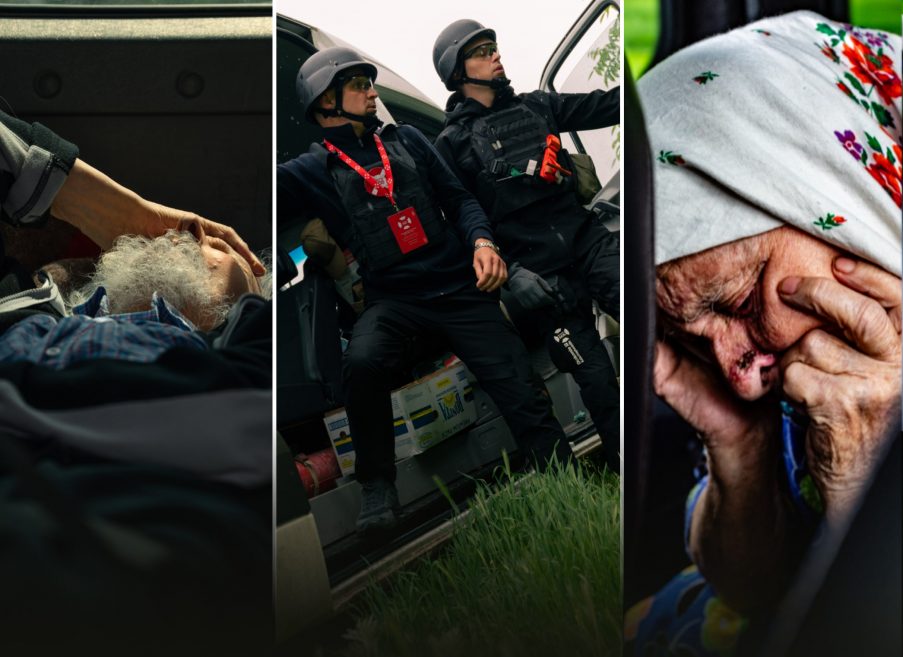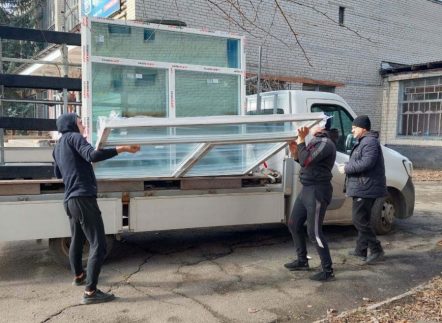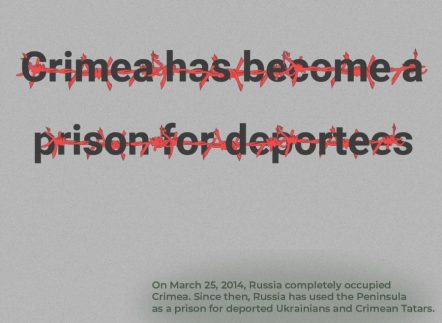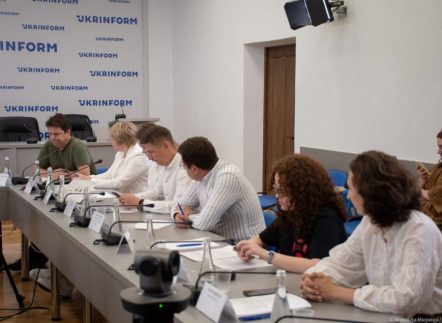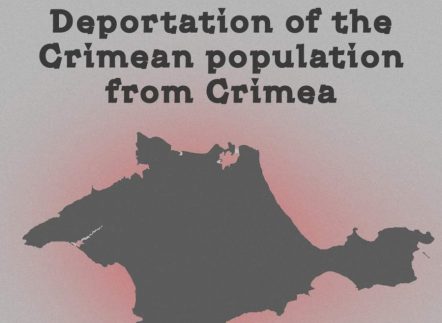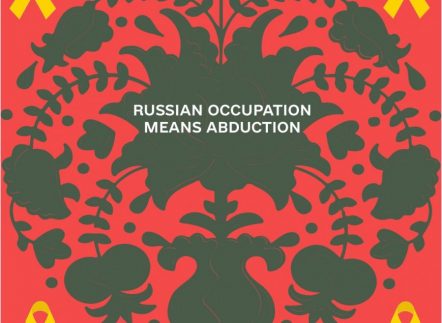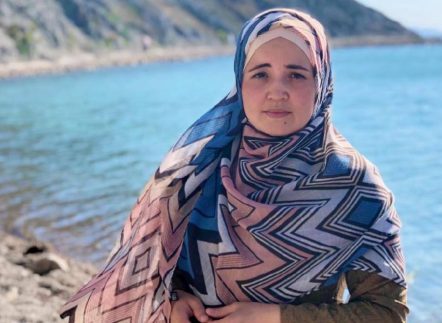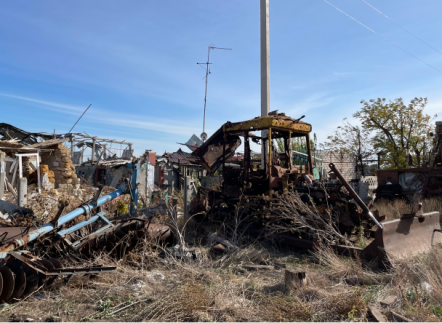
ANALYSIS
of the Draft Law “On Peculiarities of the State Policy on Reinstatement of the State Sovereignty of Ukraine upon Temporarily Occupied Territories in Donetsk and Luhansk regions” (registration number 7163)
(edition before the second reading)
* As of January 24, 2018 the text of the Draft Law #7163 which was adopted by the Verkhovna Rada on 18.01.2018 still is on its technical redesign. This analysis is based on the Draft Law’s version presented by the respective Committee of the Verkhovna Rada for the second reading and the verbatim of the Rada’s sessions concerning the Draft Law on January 18, 2018.
On January 18, 2018 the Verkhovna Rada of Ukraine adopted in the second reading the Draft Law “On Peculiarities of the State Policy on Provision of the State Sovereignty of Ukraine upon Temporary Occupied Territories” (registration number 7163, hereinafter – the Draft Law).
According to its explanatory note the draft law is aiming to create a new legal basis for repelling hostile aggression of the Russian Federation in Donbas, and in the long term prospective – to restore the territorial integrity of Ukraine. The version of the Draft Law which was presented for the second reading and which was adopted by the Verkhovna Rada contains significant threats for rights and freedoms of people and may have negative consequences for humanitarian situation in the East of Ukraine.
- Temporarily occupied territories in Donetsk and Luhansk regions on the day of adoption of this Law are parts of the territory of Ukraine, within which armed formations of the Russian Federation and occupation administration of the Russian Federation established and exercise general control. But the Draft Law text does not foresee who and according to what procedure should define that at the part of the territory of Ukraine “general control” by bodies of the Russian Federation is established.
- The boundaries and the list of districts, cities, towns and villages, parts of their territories temporarily occupied in Donetsk and Luhansk regions, shall be determined by the President of Ukraine as proposed by the Ministry of Defense of Ukraine, prepared on the basis of proposals from the General Staff of the Armed Forces of Ukraine. However, under Article 106 of the Constitution of Ukraine listing Presidential powers, such power of the President is not set out, and paragraph 31 of this Article provides that the President of Ukraine exercises the powers specified in the Constitution of Ukraine. And this means that the law cannot add anything to this list.
- The Russian Federation as an occupation state should bear responsibility for violation of protection of civilians’ rights. At the same time, both legal bond between Ukraine and its citizen and Ukraine’s positive obligation to ensure its citizens’ rights remain. This provision rises concerns that citizens of Ukraine who reside on temporary occupied territory of Ukraine of Luhansk and Donetsk regions will be deprived from access to justice on the ground that protection of rights should be provided by the Russian Federation according to the legislation of Ukraine. In addition the phrase “responsibility for violation of protection of … rights” has not clear formulation.
- The application of the Law of Ukraine “On Ensuring the Rights and Freedoms and the Legal Regime in the Temporarily Occupied Territory” (which currently applies solely to the territory of the temporarily occupied territory of the Autonomous Republic of Crimea and the city of Sevastopol) in terms of the regulation of transactions and the enforcing the rights of individuals, is extended to the TOT within Luhansk and Donetsk regions (except for the entry-departure order and the definition of the territorial jurisdiction of court cases) and is allowed with “taking into account the necessary changes” (mutatis mutandis). At the same time, it remains unclear what changes will be made to this law and whether they will really take into consideration the interests of TOT residents within the Donetsk and Luhansk regions. It is also worth noting that the provision that “enforcing the rights of the subjects … is applied with the necessary changes (mutatis mutandis) to the temporarily occupied territories of Ukraine …” does not meet the requirements regarding the quality of laws in the context of the rule of law (Article 8 of the Constitution of Ukraine), in particular it lacks “legal certainty”, which requires that the norms are clear and precise and aimed at ensuring that situations and legal relationships remain predictable. In addition, the Draft Law also provides that the peculiarities of the enforcing other rights and freedoms of civilians and transactioning in the temporarily occupied territories in the Donetsk and Luhansk regions are determined by the laws of Ukraine, but it is not clear from the contents of the provision, which “other” rights and freedoms are meant.
- It is assumed that the Procedure for entry-exit of persons, the movement of goods to/ from the TOT of Donetsk and Luhansk regions should be established in accordance with this Law (Article 6 Part 3 of the Project). However, the Draft Law, without defining general approaches in the settlement of this issue, indicated that “the procedure for the entry-exit of persons and the movement of goods to/from such territories is determined by the Cabinet of Ministers of Ukraine”.
- The Draft Law institutes new terms to mark some territories – apart from the TOT, and “security zones adjacent to combat areas” and “areas of implementation of measures for ensuring national security and defense, repulsing and deterring armed aggression of the Russian Federation” appear. The Draft provides the bodies of the security and defense sector and other state bodies of Ukraine with special powers necessary for the implementation of measures for ensuring national security and defense. However, this provision does not meet the requirements of Article 8 Part 2 and Article 19 of the Constitution of Ukraine, because it contains neither a comprehensive list and scope of powers of state authorities and their officials, nor any way of their implementation. In addition, it is unclear which body or official will provide them with such “special” powers, and who and under which procedure will control the implementation. Besides, it is not clearly indicated that these military formations can be used only within the district of the implementation of measures to ensure national security and defense, repulsing and deterring armed aggression of the Russian Federation in the Donetsk and Luhansk regions, and only during the period of such measures.
- The general command by the forces and means of the Armed Forces of Ukraine, other military formations, the Ministry of Internal Affairs, the National Police (NP) of Ukraine, etc. involved in the implementation of measures to ensure national security and defense, repulsing and deterring of armed aggression of the Russian Federation directly in the Donetsk and Luhansk regions, is exercised by the Commander of the United Forces, which will be appointed by the President of Ukraine. In such a case the Commander of the United Forces exercises its powers through Joint Operational Headquarters of the Armed Forces of Ukraine. The powers of the Commander and the Joint Headquarters are defined by the President of Ukraine as well. This expansion of powers of the President of Ukraine contradicts the requirements of Article 106 of Constitution of Ukraine, which states that the power of the President of Ukraine can be defined only by the Constitution of Ukraine.
- In security zones adjacent to combat zones, military and law enforcement servicemen and persons involved in enforcing measures ensuring national security and defense, repulsion and deterrence of armed aggression of the Russian Federation in the Donetsk and Luhansk regions, receive wide range of powers. Among them are the use of weapons and special means for those who committed or commit any legal offense, or other actions that impede the fulfillment of “legal requirements”, or commit acts related to an unauthorized attempt to enter the area of the implementation of these measures; arrest and delivery to the NP authorities; verification of documents from citizens and officials, and in the lack of documents – detention of them for the identity check; exercising of personal inspection, inspection of things, vehicles; the right to temporarily prohibit or restrict the movement of vehicles and pedestrians on the streets and roads; the right to enter (penetrate) residential and other premises, to use vehicles of persons, etc. Providing additional powers to such a wide range of subjects without the introduction of effective mechanisms of deterrence and control can lead to mass violations of human rights outside the temporarily occupied territory, that is, in the territory under the control of Ukraine.
- The Draft stipulates that, by adopting this law, the Verkhovna Rada of Ukraine endorses the decision of the President of Ukraine on the use of the Armed Forces of Ukraine and other military formations for the deterring and repulsing the Russian armed aggression in Donetsk and Luhansk regions and ensuring of the state sovereignty of Ukraine in temporarily occupied territories in the Donetsk and Luhansk regions. In fact, this grants to the President of Ukraine the right to solely (contrary to Article 85 Item 33 of the Constitution of Ukraine), without further parliamentary control, address the issues of using the Armed Forces of Ukraine and other military formations in deterring and repulsing the Russian military aggression in the Donetsk and Luhansk regions and reinstating state sovereignty of Ukraine at temporarily occupied territories in those regions.
- According to the Draft Law, the antiterrorist operation (ATO), which is coordinated by the Security Service of Ukraine, can be carried out simultaneously with measures of repelling aggression of the Russian Federation under the governance of the Armed Forces of Ukraine. This situation can set “diarchy” in the region because the Draft Law does not divide authority of the SSU and the Armed Forces. This can make significant influence to security situation in Donetsk and Luhansk region, to relations between defense and law enforcement bodies and civilians, to freedom of movement etc.
- It is proposed to amend Article 7 of the Law of Ukraine “On Counterintelligence Activities”, with a provision according to which the authorities, subdivisions and employees of the Security Service of Ukraine have the right to conduct operative and technical searches in telecommunication systems and channels within the limits of the powers determined by the legislation solely for the purpose of obtaining warning information under a threat of a terrorist act, during an anti-terrorist operation or in carrying out measures aimed at repulsing and deterring the armed aggression of the Russian Federation in Donetsk and Lugansk regions. This provision will in effect mean that the SBU will receive almost unlimited opportunity to wiretap telephone conversations, check emails, profiles in social networks of any person for the purpose of obtaining “preventive information” about the threat of a terrorist act. And such powers will be extended not only to Donetsk and Luhansk regions, but also to the whole country.
Conclusion:Draft Law “On Peculiarities of the State Policy on Provision of the State Sovereignty of Ukraine upon Temporary Occupied Territories in Donetsk and Luhansk regions” (registration number 7163), proposed to second reading is essentially different from the draft law text, proposed to first reading by President of Ukraine. The Draft contained in a number of articles that could significantly impair the security and humanitarian situation and the human rights situation not only in the Donetsk and Luhansk regions, but also throughout Ukraine. It should also be noted that the “areas of implementation measures to ensure national security and defense, repulsing and deterring the armed aggression of the Russian Federation”, “combat zones” and “security zones” provided for by the new Draft are not clearly defined. However, it is within their limits that individuals involved in the implementation of national security measures receive unprecedented powers without proper and effective control. In addition, the draft law does not provide any mechanism for resolving disagreements between the provisions proposed by the draft law and the provisions of other legal acts that already regulate the exercise of rights, for example, internally displaced persons or persons living in the territory of Donetsk and Luhansk oblasts (for example, The Resolution of the Cabinet of Ministers of Ukraine dated November 7, 2014, No. 1085-r, which involves the payment of monthly monetary assistance to the settlers, or the Law of Ukraine “On Interim Measures for the Period of ATO”, etc.).
